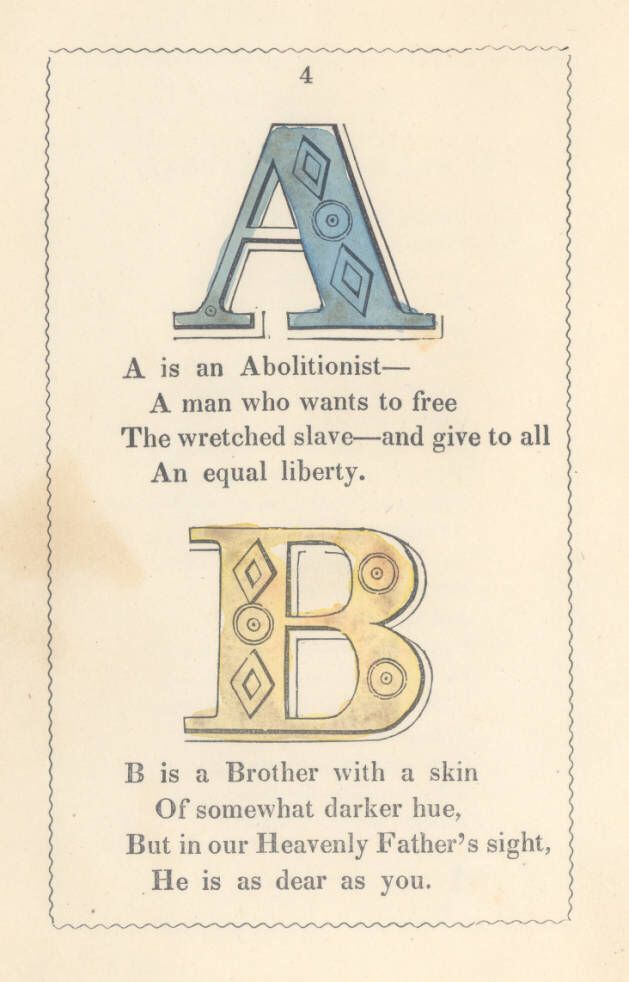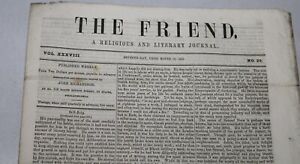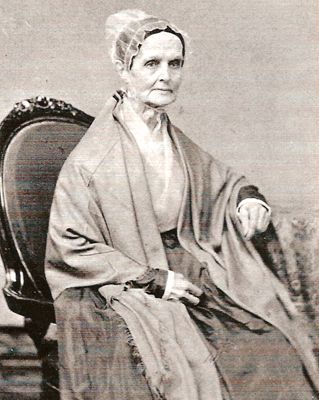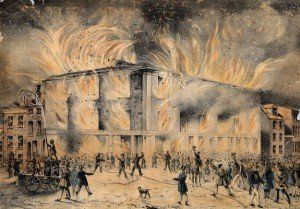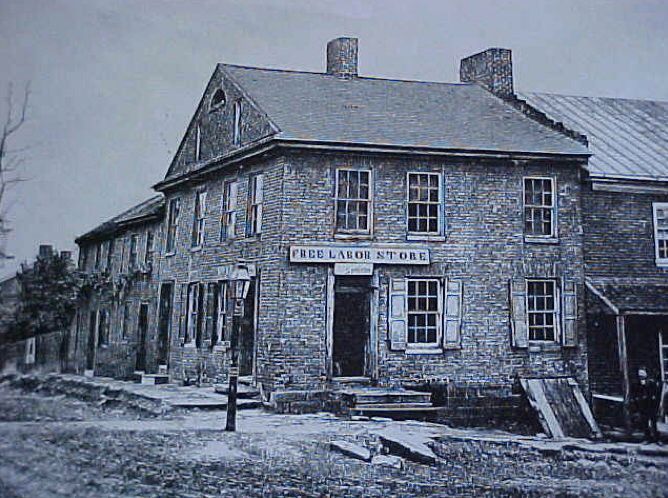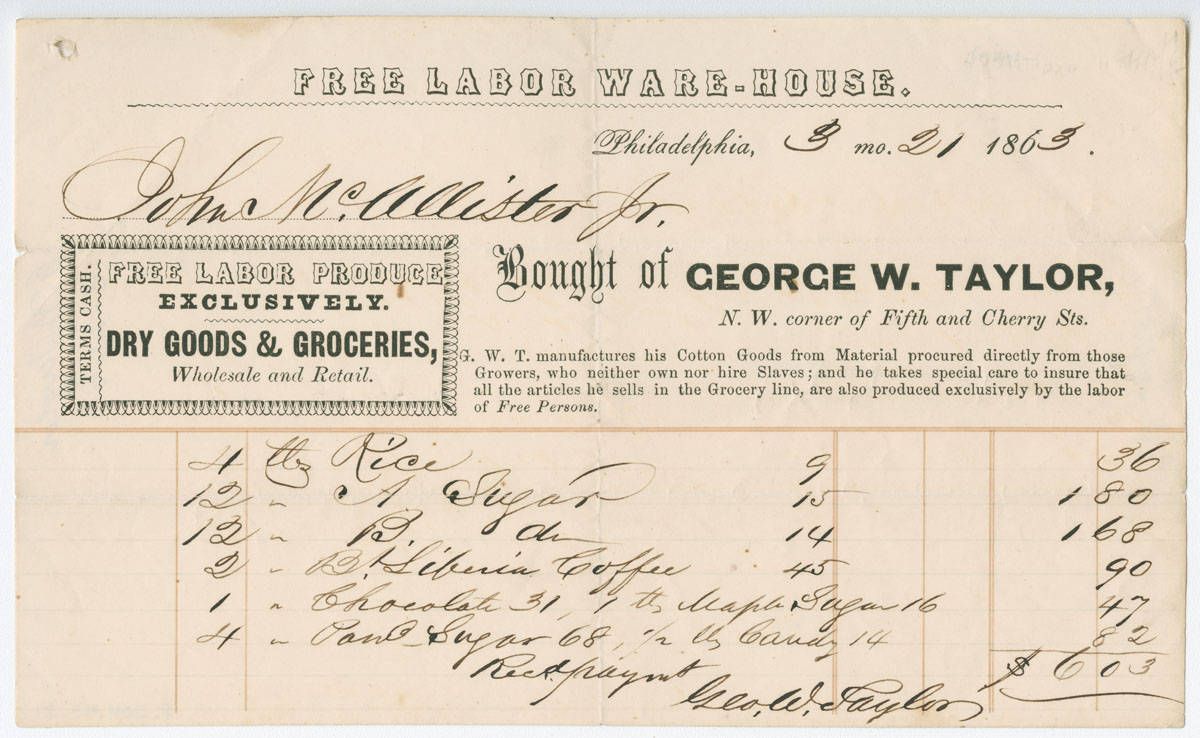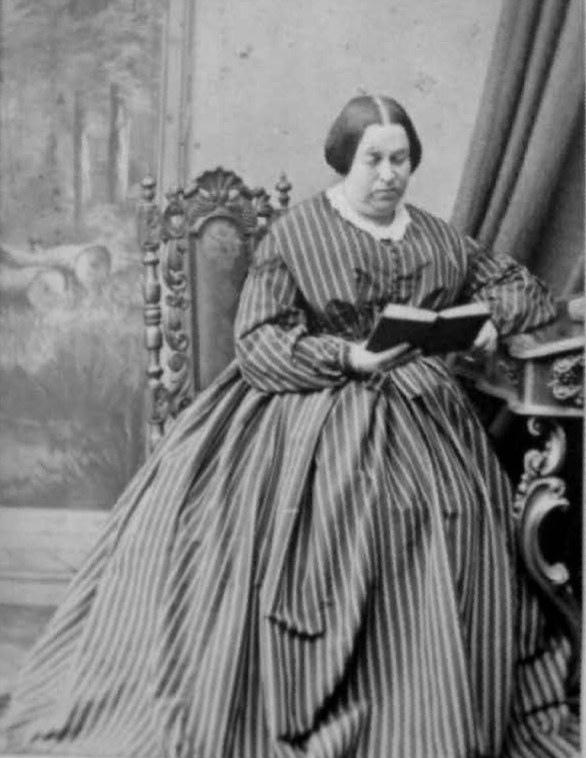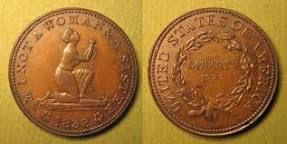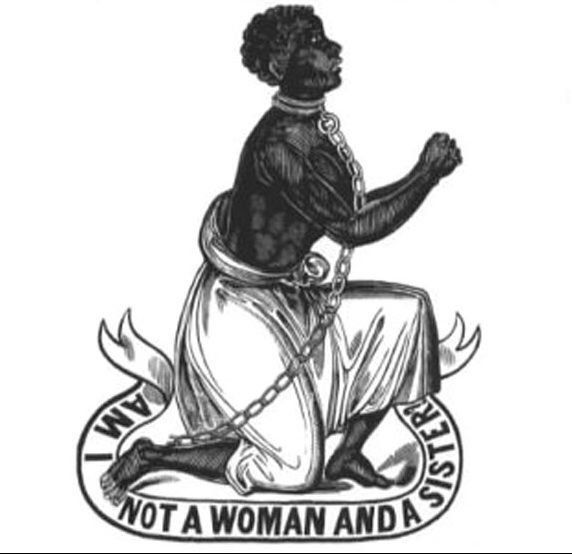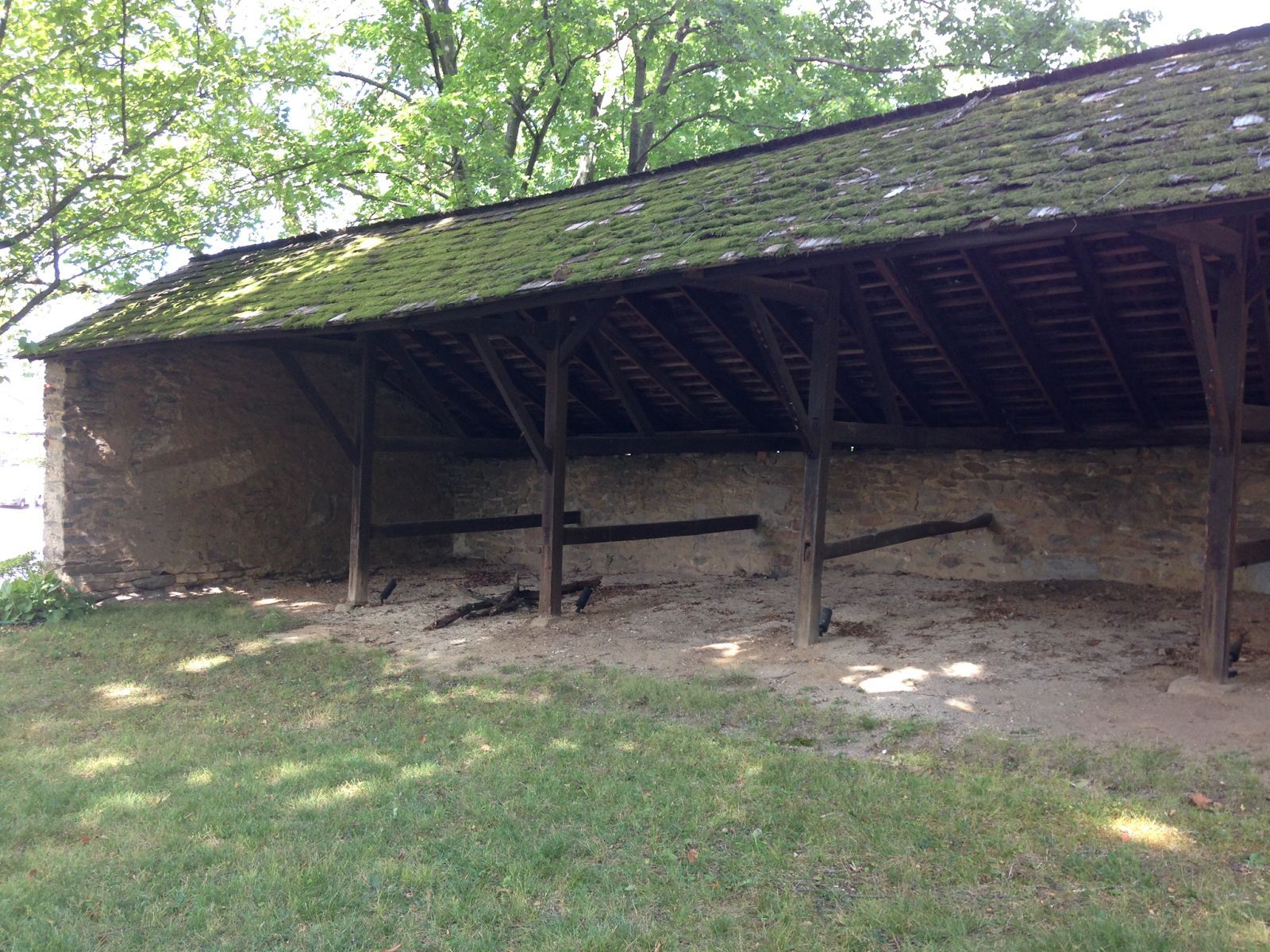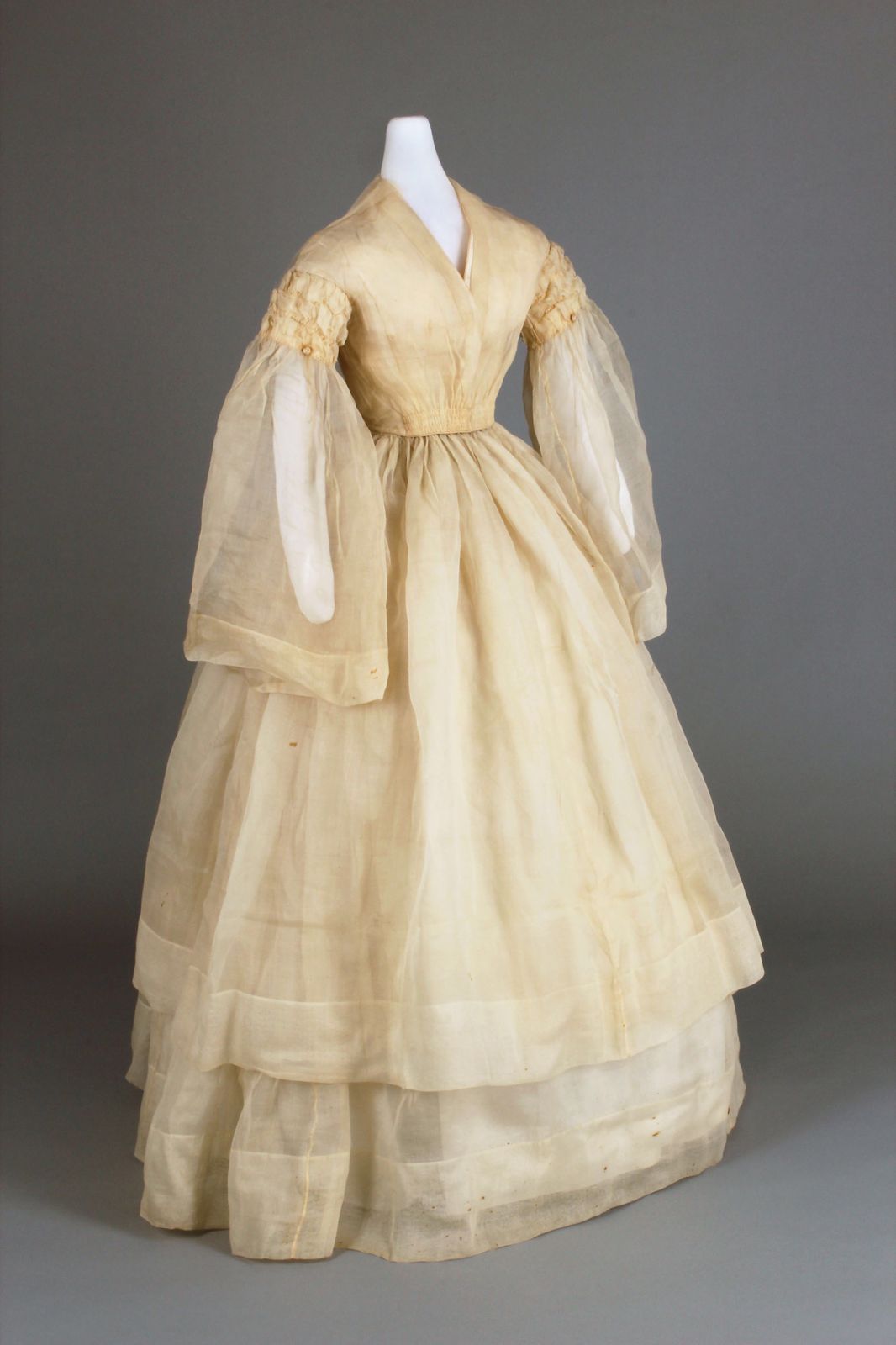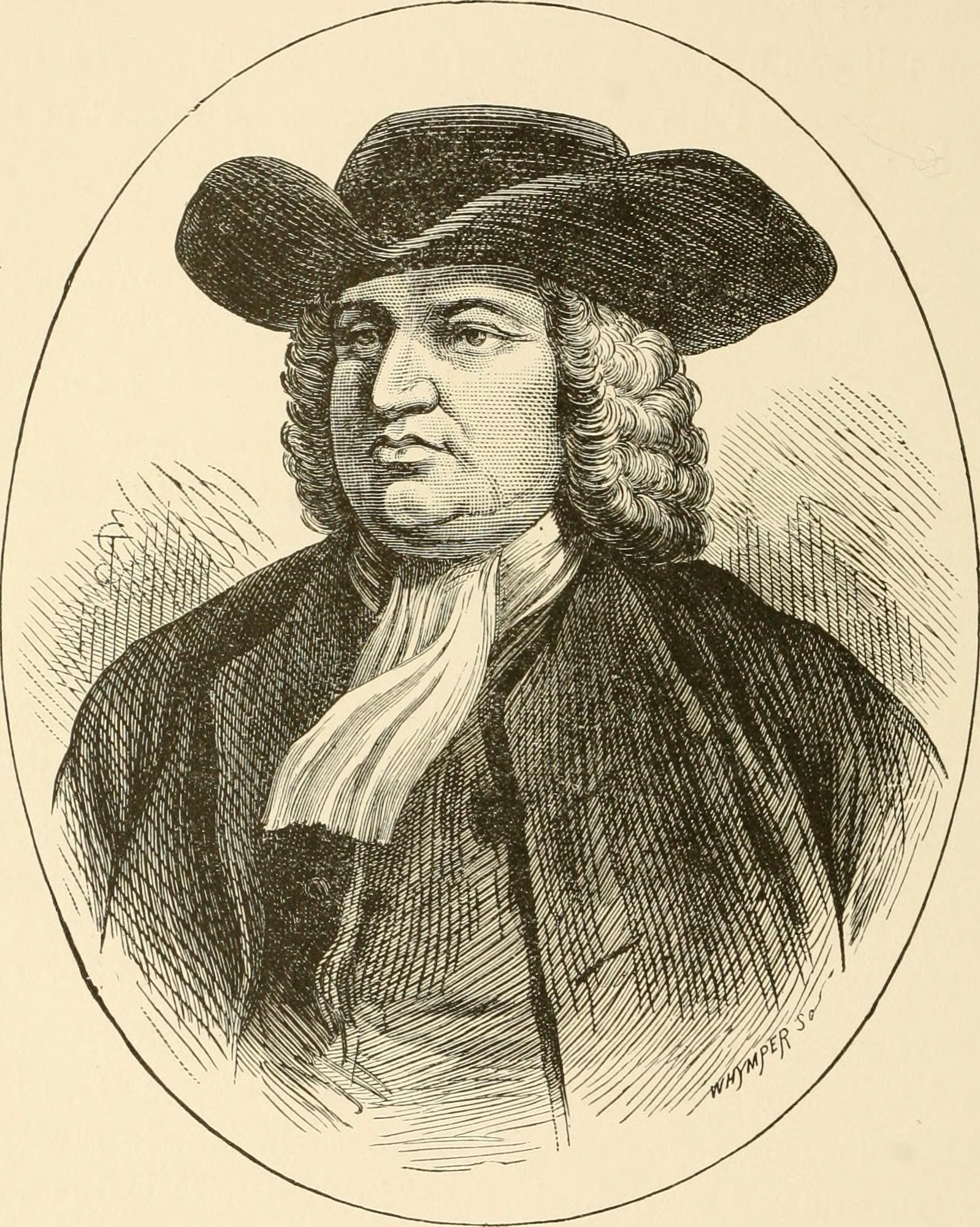Quakers and the Antislavery Movement
Quakers believe that there is that of God in each person and also, that to be whole spiritually, they need to live their beliefs. Friends recognized the equality of women quite early but were slower to recognize the evils of slavery. Although Quakers, including William Penn, owned slaves in the colonial era, the Religious Society of Friends was the first group to condemn slavery. In 1688, Germantown Quakers declared in writing their opposition to slavery. In the early 18th century, regional activists such as Benjamin Lay and John Woolman struck out against the institution.
In 1753, the Friends Book of Discipline stated "let us make his [the slave] cause our own" and in 1754, Philadelphia Yearly Meeting declared to its members that
"To live in ease and plenty, by the toil of those whom violence and cruelty have put in our power, is neither consistent with Christianity nor common justice."
Quakers founded the Pennsylvania Abolition Society in 1784 and began to send petitions to Congress advocating the
abolition of slavery throughout the country. At the same time, they worked to end slave-owning among Quakers. By 1792, Merion Friends Meeting could declare its members free from the taint of slave ownership.
During the American Revolution, Pennsylvania had legislated the gradual end of slavery. In 1840, sixty-four slaves were counted in the census of that year. Ten years later in 1850, none were counted.
In the 19th century, support for abolition among Quakers was widespread, but there was disagreement over methods. In 1831, William Lloyd Garrison's abolitionist newspaper, The Liberator , called for the immediate end to slavery. In 1833, frustrated with the gradualist focus of the Pennsylvania Abolition Society, radical abolitionists founded the American Anti-Slavery Society.
Some Quakers rejected all association with abolitionists because they thought abolitionists hated slaveholders. Friends are called to love and respect all persons and to overcome evil with good. For example, Isaac Hopper was disowned by his Meeting in 1842 and Lucretia Mott was threatened with disownment in 1842, 1847, 1848 and 1850. It became hard for radical abolitionists to find a place to meet as many Quaker Meetings said no to the use of Meetinghouses for abolitionist speeches.

This page was written and researched by Janet Frazer, our archivist and historian. The sources she used are documented here.
- Carey, Brycchan and Geoffrey Plank, ed. Quakers and Abolition. Urbana: U. Illinois, 2014
- Chambers-Schiller, Lee. "The Boston Antislavery Fair". The Abolitionist Sisterhood: Women's
- Political Culture in Antebellum America by Jean Fagan Yellin and John C. Van Horne, Pub? 1994
- Corson, Hiram. Abolitionists of Montgomery County**Historical Society of Montgomery Co. Bulletin 1941-43, vol II
- Faulkner, Carol. Root of the Evil: Free Produce and Radical AntiSlavery, 1820-1860
- Journal of the Early Republic 27 (Fall 2007) JSTOR
- Fifth Annual Report of the American Free Produce Association. Phil.: Merrihew and Thompson, 1843
- Frost, J. Wm. Why Quakers and Slavery? Why Not More Quakers?”.
- http://www.swarthmore.edu/Library/friends/Frost/Why%20Quakers_and_Slavery.pdf
- Hamm, Thomas D. "George F. White and Hicksite Opposition to the Abolitionist Movement”.
- Brycchan Carey and Geoffrey Plank, ed. Quakers and Abolition. Urbana: U. Illinois, 2014
- Richard A. Newman "The PAS and American Abolitionism: A century of Activism American Revolution to the Civil War". Historical Society of Pennsylvania.
- http://hsp.org/sites/default/files/legacy_files/migrated/newmanpasessay.pdf .
- Reiniger, Joelle. “ Moral Fiber: Women's Fashion and the Free Cotton Movement".
- Constellations , vol. 4, No. 2.
- https://ejournals.library.ualberta.ca/index.php/constellations/article/view/19667/0 (accessed 2/27/2017).
- Rush, N. Orwin. "Lucretia Mott and the Philadelphia Antislavery Fairs", Bulletin of F.H.A. Vol. 35, No. 2 (Autumn 1946).
- Sixth Annual Report of the American Free Produce Association. Phil.: Merrihew and Thompson,
- 1844.
- Proceedings of the Anti-slavery convention of American women, held in Philadelphia. May 15th,
- 16th, 17th and 18th, 1838. Anti-slavery convention of American women. Philadelphia, 1838. 2d.
- Philadelphia: Merrihew and Gunn, 1838.
- http://memory.loc.gov/cgi-bin/query/r?ammem/naw:@field(DOCID+@lit(rbnawsan1926div1))
- (accessed 2/27/2017).
- Soderlund, Jean R. "Priorities and Power: The Philadelphia Female Anti-Slavery Society". Jean
- Falange Yellin and John C. Van Horne, eds. The Abolitionist Sisterhood. Ithaca: Cornell
- University Press, 1994.
- Van Broekhoven, Deborah Bingham. "Let Your Names be Enrolled". Jean Falange Yellin and John C. Van Horne, eds. The Abolitionist Sisterhood. Ithaca: Cornell University Press, 1994.
- Wilkinson, Norman B. The Philadelphia Free Produce Attack Upon Slavery. Philadelphia:
- University of Pennsylvania, https://journals.psu.edu/pmhb/article/download/29803/29558.
- Yellin, Jean Fagan and John C. Van Horne, eds. The Abolitionist Sisterhood. Ithaca: Cornell University Press, 1994.
Related History Pages
Philadelphia-Columbia Railroad
Title or short description
Burying Ground
Title or short description
Underground Railroad
Anti-Slavery / Abolition
Anti-Slavery/ AbolitionSend us a Message
We will get back to you as soon as possible
Please try again later
615 Montgomery Avenue (Activities Building)
653 Montgomery Avenue (Meeting House)
Merion Station, PA 19066

